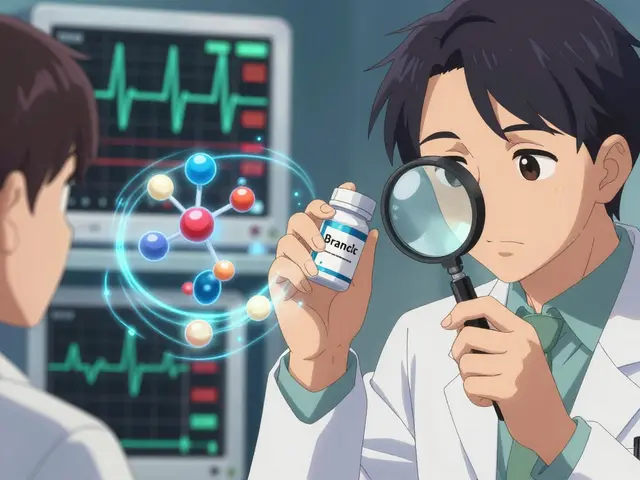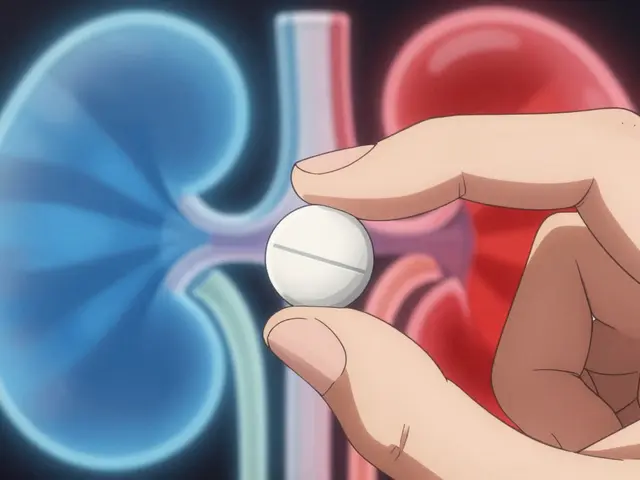Saliva Production: Causes, Fixes, and When to See a Doctor
Dry mouth or too much saliva messes with eating, sleep, and confidence. Saliva does more than keep your mouth wet—it helps digestion, fights cavities, and controls bacteria. If your saliva feels off, you want practical fixes, not vague advice. Here’s a straight guide to what causes changes, what you can try at home, and when to get professional help.
Why saliva drops or increases
Several things change saliva levels. Dehydration and mouth breathing cut production fast. Many common medicines reduce saliva—think antihistamines, decongestants, tricyclic antidepressants, some blood pressure drugs, and diuretics. Aging and having several prescriptions at once raise the risk. Medical causes include Sjögren’s syndrome, diabetes, nerve damage, and radiation to the head or neck. On the flip side, excess saliva can come from reflux, oral infections, meds that increase secretions, or neurological conditions like Parkinson’s. If saliva change starts after a new drug, that’s a likely clue.
Practical ways to boost saliva now
Start simple: sip water regularly and carry a bottle. Chew sugar-free gum with xylitol to trigger saliva—use after meals and between brushes. Sucking sugar-free lozenges or ice chips helps if you don’t want to chew.
Cut back on things that dry you out: alcohol, caffeine, smoking, and very salty or spicy foods. Use an alcohol-free mouthwash and a humidifier at night to stop overnight dryness. Brush twice a day and use fluoride toothpaste or gels; dry mouths get cavities fast. Ask your dentist about a prescription fluoride rinse if decay is a problem.
If lifestyle changes don’t help, talk to your doctor about medication options. Pilocarpine and cevimeline are prescription drugs that can raise saliva in certain patients. For short-term relief, saliva substitutes and sprays work well and are available without a prescription. Don’t stop prescribed meds on your own—ask your prescriber if an alternative is possible.
For too much saliva, try swallowing more often, chewing slowly, and positioning your head forward when resting. Speech therapists teach swallowing techniques that help. In persistent cases, injections of botulinum toxin into salivary glands or minor surgery are options a specialist can discuss.
When to see a pro? If dry mouth is constant, causing cracked lips, bad breath, swallowing problems, or rapid tooth decay, see your dentist or doctor. Sudden saliva changes after illness, head injury, or starting a new medication deserve prompt attention. Mention other symptoms like dry eyes, joint pain, or fatigue—those can point toward autoimmune causes like Sjögren’s.
Simple steps often fix mild problems. When they don’t, the right tests and treatments can protect your teeth and comfort. Ask your GP or dentist for a targeted plan that fits your situation.
Travel tips: carry mints or lozenges, avoid dry airplane cabins by sipping water, and bring a small spray bottle of saliva substitute. For older men juggling meds, ask a pharmacist to review your list—cutting one anticholinergic can make a big difference. Small changes often deliver fast relief and protect oral health long-term. Trust us.

The Benefits of Chewing Sugar-Free Gum for Dry Mouth Relief
I recently came across an interesting topic about the benefits of chewing sugar-free gum for dry mouth relief. It turns out that chewing sugar-free gum can help stimulate saliva production, which is essential for maintaining a healthy oral environment. This is especially helpful for those who suffer from dry mouth, as it can alleviate discomfort and even prevent bad breath. Additionally, sugar-free gum also helps to neutralize harmful acids and reduce the risk of cavities. So next time you're struggling with dry mouth, consider popping in a piece of sugar-free gum for a quick and easy solution!




